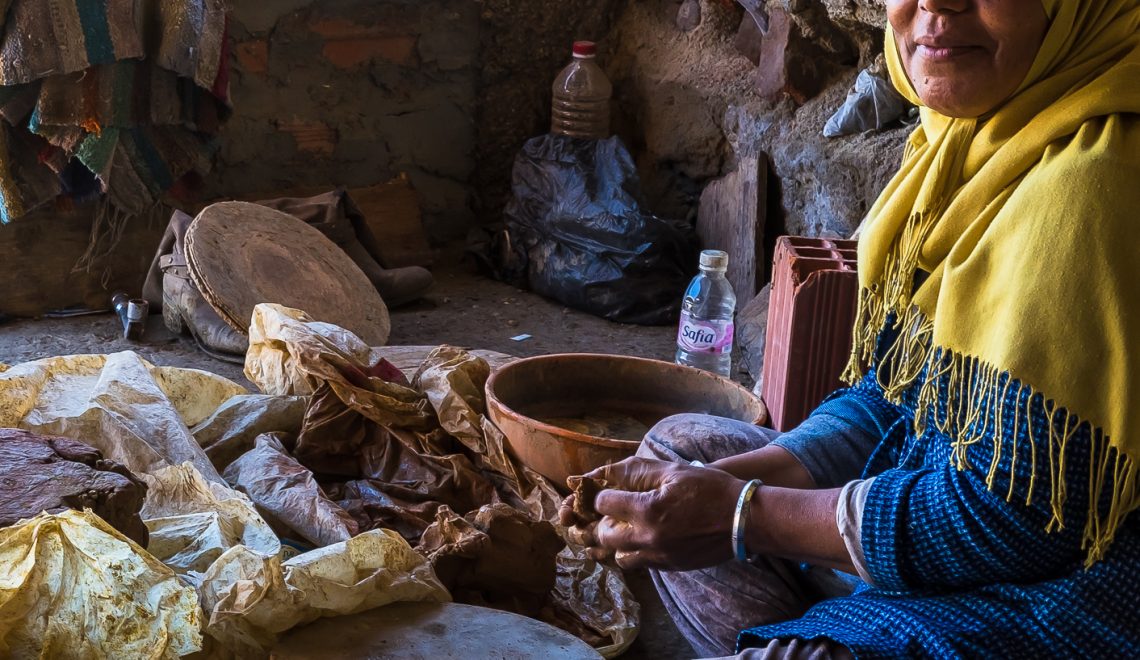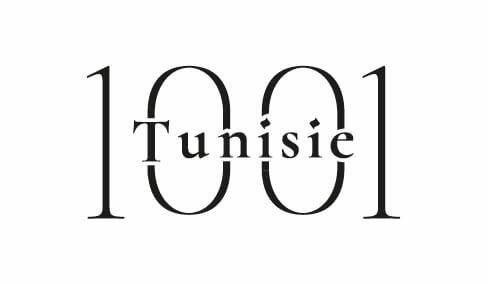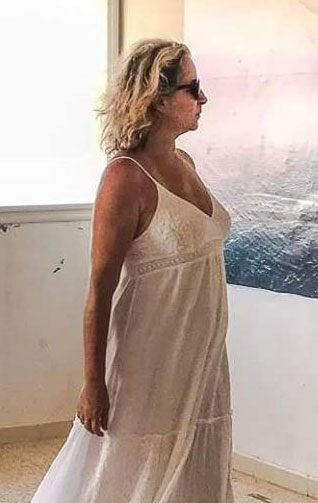
In this 4th episode of Alf Thneya we Thneya sponsored by the Arab Tunisian Bank www.atb.tn , we take you to Sejnane, a small town in northern Tunisia, located just a hundred kilometers from Tunis. During this trip, we met Sabiha, the most famous potter of Tunisia.
To listen to the podcast:
:
From when she wasseven years, Sabiha secretly created her first pieces that she left to dry in the open air, at the edge of the corners closest to her home and well away from the eyes of her mother who wanted to keep her as far away as possible work of the earth and pottery. But that’s without counting on the passion of the little girl of that time.
Sabiha has the art of pottery in her veins. Like all the craftswomen in the village of Sejnane, she inherits her know-how from her mother and her grandmother and devotes herself to it as soon as she reaches the age of 12.




If today, everyone knows Sejnane’s pottery and seems unequally sensitive to its importance, it is because of great efforts of highlighting have been made this last decade.
From now on, this unique pottery is on display in the most important salons of the country and participates actively in international fairs but a lot of way remains to be done. There is the continuity of know-how and the whole village of Sejnane who lives in this sector and brings together some 400 women artisans who work there.
The secret of Sejnane pottery


“Our pottery is of Berber origin, it is worked 100% by hand, natural and without added chemicals. We invest in it completely. Some pieces can even take us more than 5 days of effort and toil, “says Sabiha.
Another specificity of the pottery of the region, the version of the models in black pottery. Several people think that Sabiha, the first to have launched this product, discovered this technique by chance. Totally wrong! Precises the artisan: “During the year 2000, I went to France to spend a month and a half, meet the French artisans and learn new techniques, and it is there that I discovered the black pottery. A concept that I subsequently applied in Tunisia by wrapping my items in straw. Now, this technique is known to all the artisans of the region. And that’s good ! “



The workshop Sabiha is located 6 kilometers from Sejnane, and between the workshop and the shop, you can discover the great classics of its models such as turtles, dolls, “maajena”, pots … .But also and especially her latest creations like the magnificent jug or cock!






On site, and during this touching and inspiring walk, you will discover the different stages of production and manufacture of this pottery. The most exceptional show is without doubt cooking. Indeed, the pottery is cooked on the surface, on a “ephemeral bed” made of wood and cow dung. The operation lasts on average between 30 and 45 minutes and Sabiha knows that the piece is cooked when it becomes red and loses all its humidity.
In addition, you should know that many women artisans produce pottery in Tunisia, including Kesra, Takrouna, Alsnad, Neber, Takelsa, Menzel Horr … The pottery of these regions is just as beautiful but different and still less known than that of Sejnane.


 Certes l’expérience près de Sabiha est unique parce que c’est une femme exceptionnelle, complètement dédiée à son travail et passionnée autant que passionnante, mais ce qu’il faut surtout noter, c’est que c’est l’ensemble de son village qui mérite plus d’attention.
Certes l’expérience près de Sabiha est unique parce que c’est une femme exceptionnelle, complètement dédiée à son travail et passionnée autant que passionnante, mais ce qu’il faut surtout noter, c’est que c’est l’ensemble de son village qui mérite plus d’attention.

It is important to know that the majority of the craftswomen in the village have closed the workshops and shops, available on the roadside, for lack of customers. And although several associations and groups have been created to oversee and promote this heritage, the efforts have not yet achieved the expected result. This know-how is also threatened because the transmission is not assured.
Tunisia is a country of tradition and ancient know-how that should protect its creative populations and handicrafts from a gradual loss, lack of transmission and preservation, promotion and research, creation and innovation. A colossal job remains to be done. The efforts to register this know-how can only be rewarded with a positive agreement if an entire valorisation policy is put in place.
For Further information: « Alf Thneya we Theneya », in partnership with the Arab Tunisian Bank is broadcasted every Friday, Saturday and Sunday on Express FM (103.6 Mhz in Tunis, 104 Mhz in Sfax, 100.2 Mhz in Bizerte, 106 Mhz in Cap Bon, 91.1 Mhz in Sousse, 104.5 Mhz in Mahdia and Monastir).
Producter : Amel Djait for 1001Tunisie.com
Production : Express FM
Executive Producer : Streaming HD
Photo Credit: Pierre Gassin

 َAbonnez-vous
َAbonnez-vous

